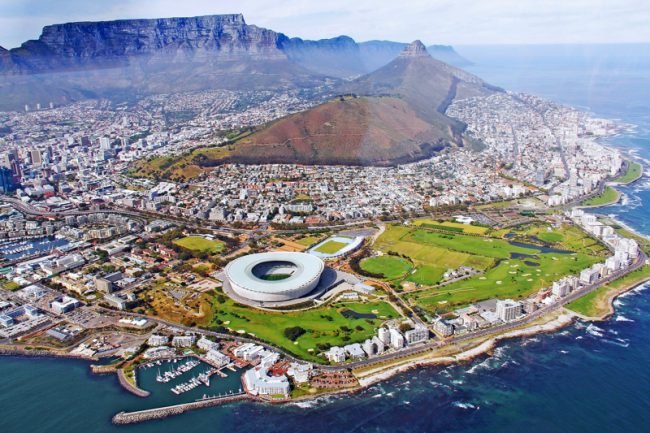
While it may be too early to assess the real impact of the water crisis on the Cape Town property market, an expert says that demand remains high, but adds that developers are under pressure to incorporate water-wise features in new builds.
The Western Cape Water Supply System (WCWSS) this week revised its estimated “day zero” – they day the city’s taps run dry – with the City of Cape Town now expected to run out of water nine days earlier than forecast.
According to the city’s weekly water dashboard, there was 1.4% decrease in dam water levels for the week ending 22 January 2018, meaning that the Cape Town is expected to now run out of water on 12 April 2018. It was previously forecast at 21 April.
Despite this, properties in Amdec’s new urban precincts continue to sell, and “demand is higher than ever,” said MD of Amdec Property Developments, Nicholas Stopforth.
While spikes in investment in property do directly relate to confidence in the economy, as with any other investment, there are some developments that will vastly outperform others.
“In Cape Town, for example, demand for property remains high despite the current water crisis. The Mother City continues to be an attractive market for international investors, for obvious aesthetic reasons, as well as locals who are still optimistic about the state of the country,” said Stopforth.
A trend he foresees for 2018 is more youth moving into city centres, noting that “traffic is a time waster in our modern life”.
“People, and in particular young people, don’t want to sit in traffic for hours every day. There is a strong demand for properties in the CBD from young professionals trying to simplify their lives,” he said.
With space in city centres being a limited resource, the only way to cater to the demand is to create new urban precincts. Stopforth believes mixed-use precincts will be the biggest property trend in 2018.
Amdec Property Group’s flagship development is Melrose Arch in Johannesburg – while the newly-announced Harbour Arch is in the first phase of development in Cape Town.
He said that developers are under pressure to incorporate water-wise features in new developments. He advises those wishing to sell freehold properties should do the same.
“The water crisis in Cape Town is the major talking point of the moment, but it isn’t putting people off purchasing property in the city. People are, however, asking what developers are doing about it,” said Stopforth.
“As responsible developers, we put water saving designs such as grey water recycling, rain water harvesting and where possible, desalination of the ground water we are obliged to pump.”
Hi! I am a robot. I just upvoted you! I found similar content that readers might be interested in:
https://businesstech.co.za/news/property/221005/impact-of-the-water-crisis-on-cape-towns-property-market/
This water crises is really bad for all South Africans. Soon no more wine just raisins.